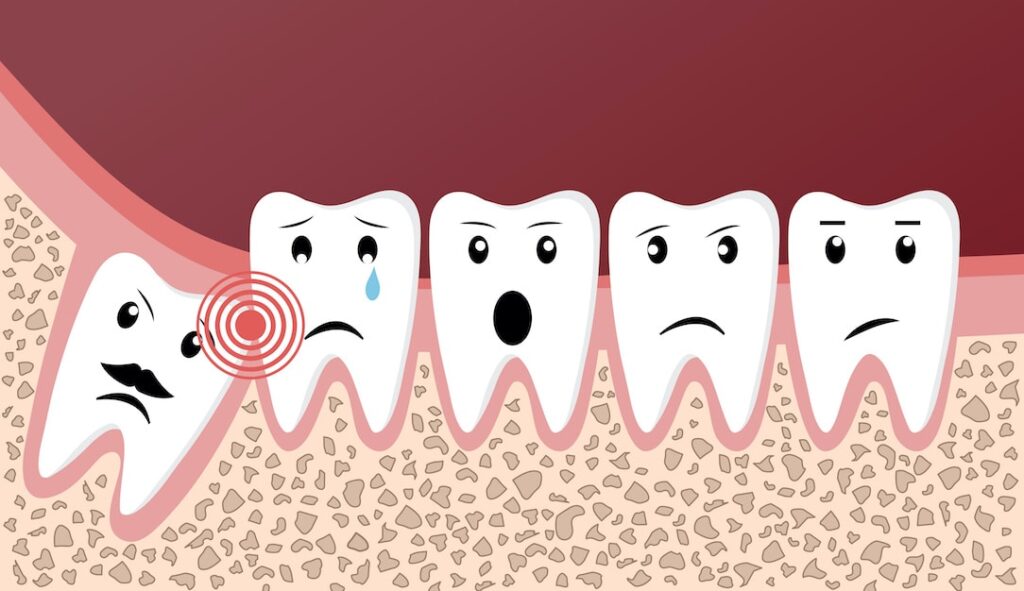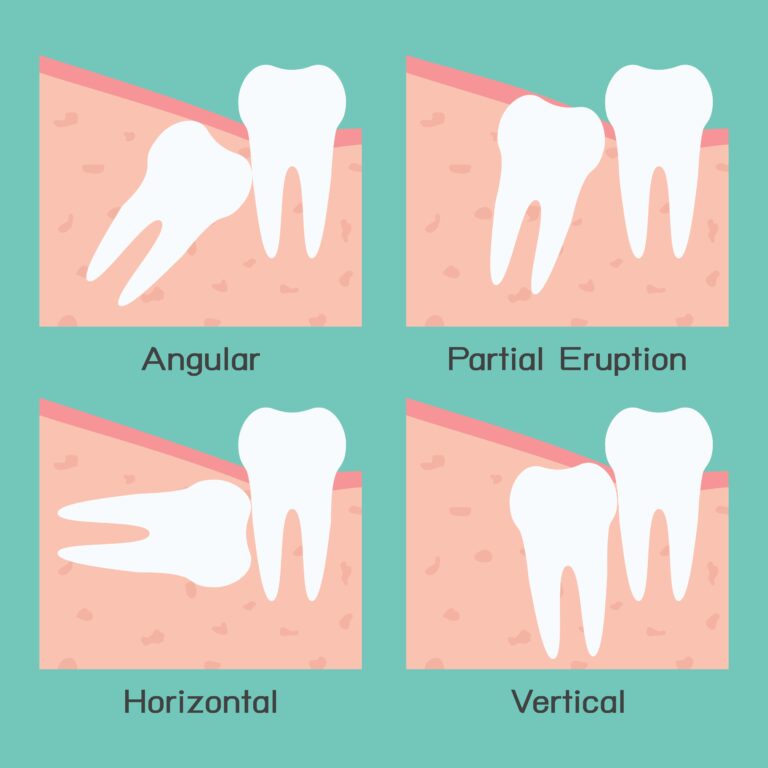
Wisdom teeth, also known as third molars, have long been a source of controversy in the dental world. In many parts of the world, it has become a common practice to have it removed prematurely as a preventive measure. However, many people are unaware of the benefits of keeping these teeth.
In this blog post, we will explore the potential benefits of keeping wisdom teeth, including their role in chewing and biting, as well as their potential use as a source of replacement teeth. We’ll also consider the factors that should be considered when making the decision to remove or keep your wisdom teeth. So, whether you’re a dental professional or just someone looking to learn more about your own oral health, keep reading to find out more about the benefits of keeping wisdom teeth.
What Is a Wisdom Tooth?
Most adult humans have twelve molars and these are divided into first, second and third set of molars. The third and last set of molars, also known as the wisdom teeth, erupt in the back of the mouth between the ages of 16 and 25. As such, they are commonly called wisdom teeth as they appear at a time when a person is considered to be a young adult and are mature and wise.
Wisdom tooth are thought to be a part of human evolution and are developed to help early humans tear through tough plants and raw meat. However, as humans moved to a modernized and softer diet that entails cooked food, there is no longer a strong need for the wisdom tooth.
Wisdom teeth typically have a different shape and position than other molars and are the last to erupt. As such, these teeth often do not have sufficient space to grow properly, resulting in them being impacted.

Impaction can happen in different ways, it could be a tooth that is stuck in the gums, a tooth that is stuck in the jawbone or a tooth that is growing in an abnormal angle. That said, there is one commonality: an impacted tooth causes tremendous amount of pain!
It can also cause problems including infection, decay, cysts, and gum diseases. Last but not least, the growth of an impacted wisdom teeth can cause other teeth to become crooked or crowded. as they push against them.
You may be interested in: Nausea After Wisdom Teeth Removal
As such, many dentists advise on the removal of the wisdom teeth due to the potential dental complications associated with the keeping of them. However, it is not necessary to remove when the wisdom teeth have erupted properly.
Benefits of Keeping Wisdom Teeth
There are numerous benefits to the keeping of your wisdom teeth and one must weigh the pros and cons of it before making an informed decision before considering the removal of it.
For starters, having four more molars gives you a greater surface area for chewing and grinding food which improves digestion and the absorption of nutrients from food. They can also help maintain the proper bite and function of the teeth. If the wisdom teeth have fully erupted and are able to be properly cleaned, they can be an asset to the mouth and contribute to the overall bite and function.
In the event of a missing teeth such as after an accident or extraction of other molars, the gap can cause the surround teeth to shift and rotate, leading to problems with bite. Wisdom teeth can help to fill in gaps and maintain a proper bite.
Your wisdom teeth can also be useful in orthodontic treatment. In some cases, wisdom teeth provide support in bone support at the back of your mouth and can help correct orthodontic problems such as crowding or misalignment of the bite by maintaining the balance and symmetry of the dentition.
Last but not least, keeping your wisdom teeth means that you do not have to go for a surgery and deal with the pain!
It’s important to note that these benefits are only applicable if the wisdom teeth are fully erupted, positioned properly, and are healthy. The keeping of the wisdom teeth also comes with the responsibility of maintaining good oral hygiene, which includes cleaning and flossing the teeth as well as regular dental check-ups,
If wisdom teeth are causing problems or are likely to cause problems in the future, the benefits of removing them will likely outweigh the benefits of keeping them. That said, this decision should be made after a thorough examination and consultation with a dentist or oral surgeon.






